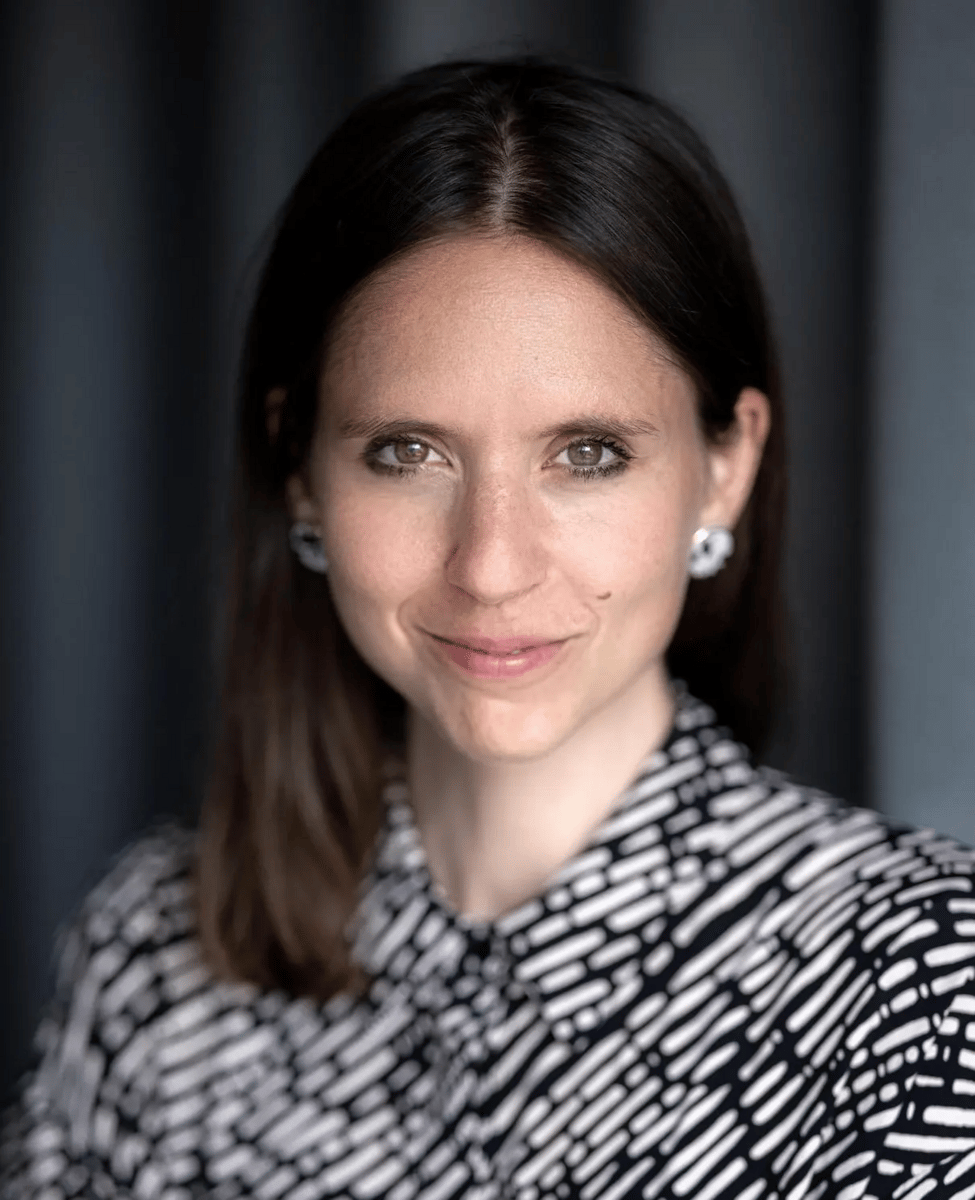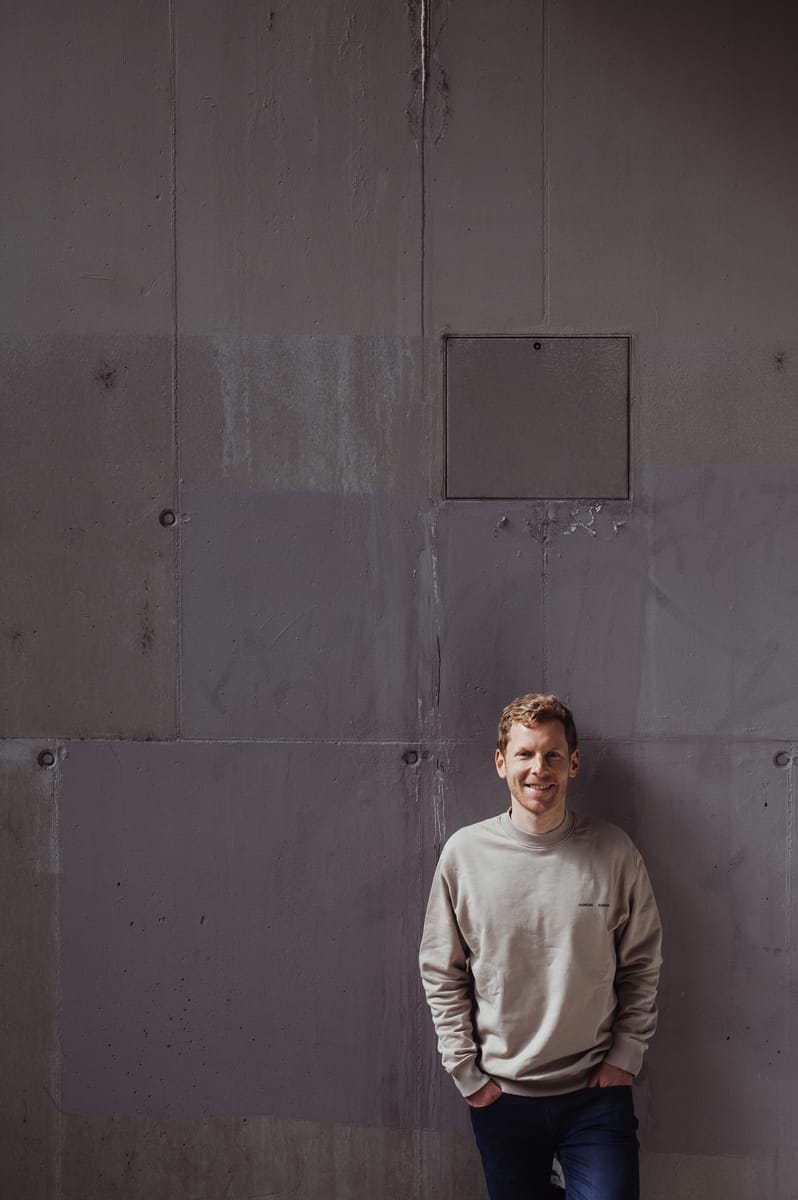Dear hustlers, founders, operators and visionaries,
Startup culture glorifies sacrifice – the late nights, the constant grind, the relentless push forward. But what if the same drive that fuels your success is also what breaks you?
Our guest this week, Adrian Locher, scaled multiple companies, convinced he could handle the pressure – until he ignored the signs, burned out, and his personal life collapsed.
In today’s episode, Adrian reveals what founders get wrong about burnout, the red flags he missed, and the shift that helped him rebuild – without losing his ambition.
🎧 Tune in now on Spotify, Apple, YouTube and check out Adrian’s additional insights below – exclusive for our subscribers.
In the meantime: Follow the Gradient and stay tuned!
PS: Has this e-mail been forwarded to you? Sign up here.
The hidden cost of success: Burnout, mental health and building a life that works
What you will get out of this episode
In our conversation, Adrian shares:
How to recognize burnout before it’s too late
Why pushing harder isn’t always the answer
A practical framework for balancing work, family, and self
Why most founders suffer in silence
How to stay ambitious without self-destruction
and much more!
Our main take away’s
Burnout doesn’t hit overnight – it creeps in. Adrian ignored bad sleep, negativity, and constant stress for months. By the time he realized, his personal life had collapsed. If you feel off, don’t wait – adjust now.
The same traits that make you successful can break you. Adrian’s drive to push harder made him successful – but also pushed him past his limits. Know when your strengths are turning into weaknesses.
Work-life balance isn’t necessary about working less – it’s about priorities.
The three-bucket rule (Work, Family, Self) helps prevent burnout. If one bucket stays empty too long, everything suffers.
More hours won’t solve deep problems. At his breaking point, Adrian tried working even harder – which only made things worse. Sometimes, stepping back is the best move forward.
Seeking help isn’t weakness – it’s what keeps you in the game.
Therapy changed everything for Adrian. If you hire coaches for business, why not for yourself? Success is worthless if you’re too burned out to enjoy it.
Additional material on the topic
Founder wellbeing report 2024 by Balderton that was mentioned by Melanie
“Entrepreneurs are 2 times more likely to suffer from depression, 3 times more likely to suffer from substance abuse, and 10 times more likely to suffer from bipolar disorder” - the study Adrian mentions from where he’s gotten these numbers is from 2015 by Michael A. Freeman et. al and has the title Are Entrepreneurs touched with fire?
How to reach out to Adrian
Exclusive from Adrian
What’s one mental habit or mindset shift that immediately helped you reduce stress or make better decisions under pressure?
Meditation immediately helps me to clear my head for first principles thinking, which in most cases is my preferred way making important decisions. I’m always trying to be data-driven, while leaving a lot of room for intuition on the “last mile” of decision making.
What are the top 3 tools, apps, or systems you use daily to manage your workload and mental wellbeing?
Zero inbox on all relevant channels applying a simple method of classifying incoming items in
1) can be resolved within 30 seconds, so do it directly
2) can be done best by someone else, so I delegate
3) needs my involvement, so I snooze it for a deep work session
Three more helpful rules I try to stick to: avoid desk or meeting lunch, nature walk meetings, avoid “back to back” days.
Are there any books, podcasts, or frameworks that have helped and inspired you?
My all-time favourite reads:
Trillion Dollar Coach: The Leadership Playbook of Silicon Valley's Bill Campbell; Eric Schmidt & Jonathan Rosenberg.
The Core. Better Life, Better Performance; Aki Hintsa.
Scaling People: Tactics for Management and Company Building; Claire Hughes Johnson.
What You Do Is Who You Are: How to Create Your Business Culture; Ben Horowitz.
Love, Freedom, and Aloneness: The Koan of Relationships; Osho.
Do you have any specific habits or rituals (e.g., morning routines, journaling, exercise) that help you maintain focus and energy throughout the day?
My ideal morning routine that I achieve in I’d say in 4 out of 5 days: Do a first sweep of my inboxes while grabbing my first coffee. Workout and/or meditation follows. The rest of the morning is dedicated to my kids with breakfast and uninterrupted conversations during the drive to school. Energy hacks during the day: no food before lunch (healthy, mostly avoiding high carb), no sugar/sweets, no coffee after 2pm, super short 2-3 mins meditation sessions before important meetings. Evening routine: If the workout didn’t happen in the morning, I also really enjoy doing it after coming home as it helps me to clear my mind. Family dinner is a fixed ritual and I usually don’t take calls/meetings between 5 and 8pm. After that I’m available again, which especially the founders in our portfolio enjoy in case longer and deeper conversations are needed.
What’s your approach to saying “no” to opportunities or tasks that don’t align with your priorities, especially when you’re under pressure to keep growing?
Politely declining and stating the honest reason in the cases where the person asking made an effort. Not replying if the request is rather random and seems untargeted.
What advice would you give to first-time founders about preparing for the psychological challenges of entrepreneurship?
It’s great to maintain a little naivety and a dose of overconfidence. If you’d always know in advance what expects you, sometimes you probably wouldn’t start it. Don’t be afraid to seek help when things get nasty. Take inspirations from others, but figure out what really works for you.
What changes would you like to see in how the startup ecosystem supports founders’ mental health and long-term wellbeing?
It’s all there. Use it and seek help if things you try don’t work out. Speak up and out. Then share your story and inspire others.

Follow the Gradient is a weekly newsletter and podcast by the serial founders Melanie Gabriel & Christian Woese about how to build a business in Europe while staying sane.










